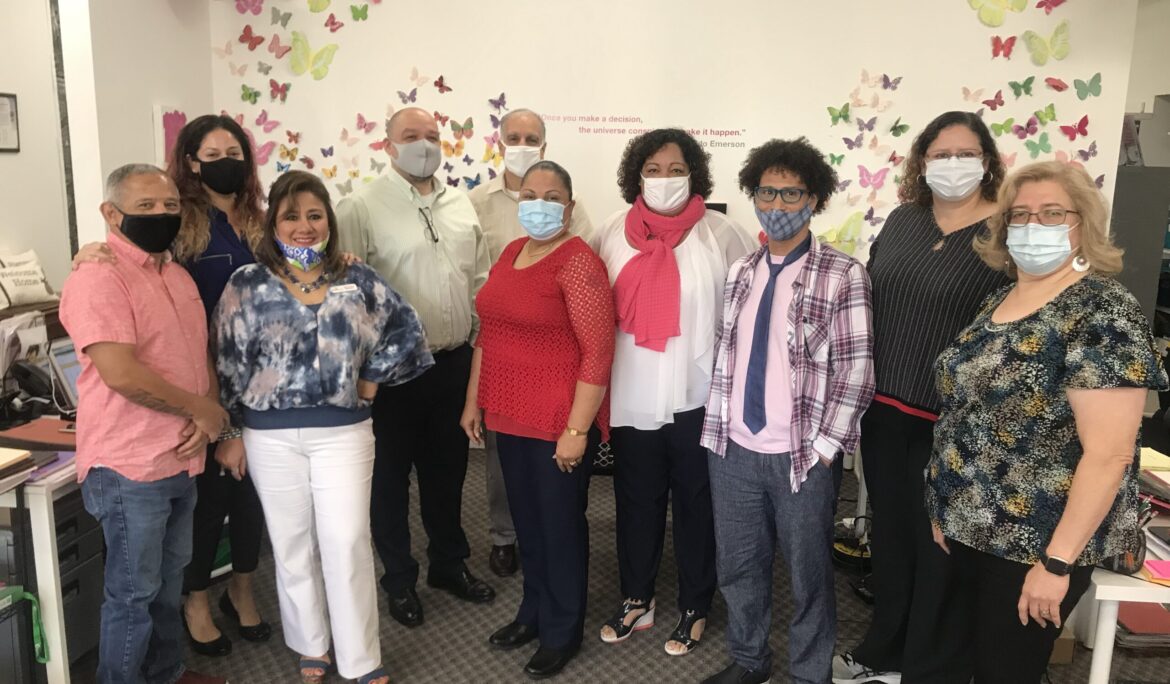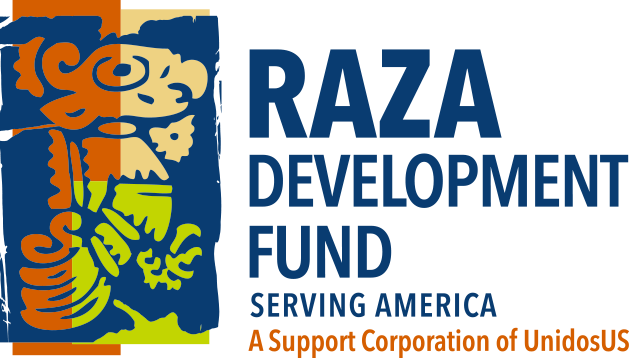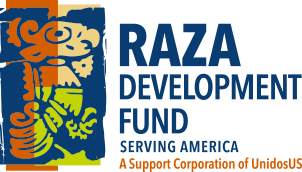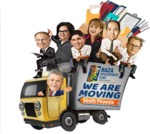Four Areas to Help Re-build Beyond the Pandemic

The nonprofit sector is facing its biggest challenge yet responding to a confluence of issues, including the pandemic, social justice, political unrest, and an economy on the brink of recession, hitting underserved communities they serve disproportionately.
Most small businesses that began in and have become an integral part of their community face similar challenges. Having to close for periods, with reduced access to capital and needing to adapt to the ongoing crisis, small businesses, like their nonprofit counterparts, cannot merely “go online” or shift their operations in other ways that may allow them to survive.
I believe in the community-based nonprofits and small businesses that make up the fabric of America, serving and supporting those in need. Much has been written about their resiliency and innovation in the face of ongoing challenges. However, these characteristics alone are not going to save them. There needs to be an emphasis on long-term technical assistance where expert help is leveraged to respond to crucial long term viability issues facing these enterprises.
Here are some of the areas that nonprofits and small to medium-sized businesses must address to continue to serve their communities beyond the pandemic.
Value Proposition
Understanding what you offer your community is of vital importance in a time of economic uncertainty. For nonprofits, that means understanding the impact they hope to achieve in responding to community needs. Small businesses are about the product or service that sets them apart and meets a consumer need.
- What does the enterprise offer the community that makes them unique? Who are their core constituents/market? Are they providing services most effectively and efficiently possible? Are they focusing on their strengths and engaging in activities that bring the most value to the community?
Human Capital
Many small businesses and nonprofits are being pulled in new directions, serving people in different ways than they have in the past – e.g., virtually. These new services or delivery methods could be adopted permanently. You may have found an efficiency that is as effective as the old modality and at a cost-saving.
- Does the enterprise have the right people on the team to help them adjust to these changes? Does the organization have access to training, tools, and otherwise resources to allow existing employees to adapt to the workplace’s new realities? Identifying the skills and capacities employees will need to be effective as change takes place will be essential to long-term sustainability.
Strategic Finances
With community enterprises needing to adapt to survive, they must understand the cost of change and be more vigilant and intentional about their finances.
- Does the enterprise understand their costs? Are the financial strategies intentional and understood by as many people in the organization as possible? Using data to proactively respond to financial issues that arise increases the chances of successfully navigating challenges. The better finances are understood by people in the organization the more input and support that will be offered when changes need to take place.
Community Engagement
Enterprises seeking to make lasting change that will allow them to remain relevant and impactful beyond the pandemic will need to make one essential shift – focus on the larger system in which you operate: your community. Nonprofits know this well – understanding the community you work in and being an active participant in it will set an enterprise apart. Enterprises do not exist in vacuums; they are part of a community ecosystem.
- Understanding and engaging the community you offer services in will pay off in the long run as consumers look to organizations they trust and can count on to support them outside of their business relationship.
At Raza Development Fund we are playing a role in supporting Small Businesses and Nonprofits through these difficult times, keeping community central in our approach. In February, RDF quickly pivoted available resources and developed a program – COVID-19 Hope Fund – to provide immediate financial assistance to small businesses across several markets in partnership with UnidosUS affiliates, a network of community-based nonprofits focused on serving Latino and underserved communities. Simultaneously we began a pilot affiliate support program offering technical assistance to UnidosUS affiliates on the frontlines of the pandemic response.
Stay tuned for the second part of this blog post to learn more about the specific ways RDF has began to address common challenges faced by small businesses and nonprofits, many of which are pillars in the communities they serve.




